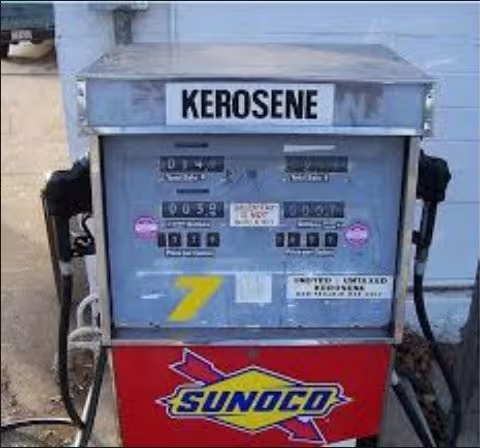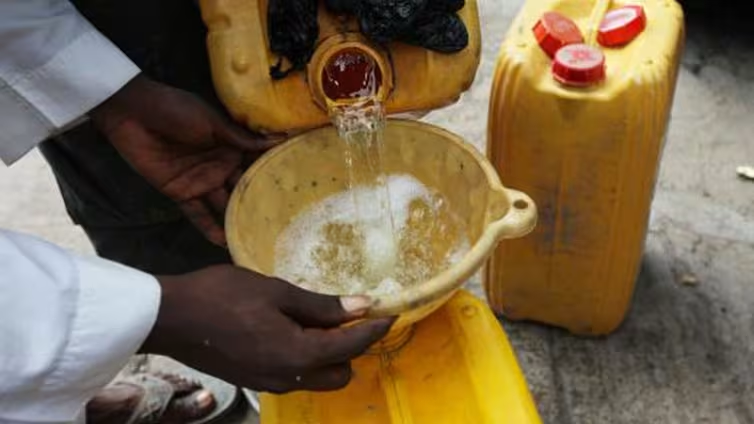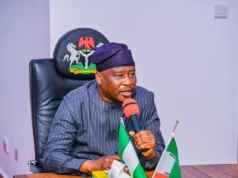Kerosene, Cooking Gas, CNG Exempt from 5% Fuel Surcharge, Presidential Committee Clarifies
ABUJA, FCT – September 7, 2025 – The Presidential Fiscal Policy and Tax Reforms Committee has moved to allay public fears over the cost of living, clarifying that the proposed 5% fuel surcharge under Nigeria’s new tax laws will not apply to essential household energy products like kerosene, cooking gas (LPG), and compressed natural gas (CNG).

In a statement of Frequently Asked Questions (FAQs) released on Saturday, the committee chairman, Mr. Taiwo Oyedele, also confirmed that the implementation of the surcharge is not immediate and will only commence under specific conditions.
The clarification aims to address widespread concerns that the new levy could further burden Nigerian households already grappling with high energy and transportation costs.
Key Exemptions Aimed at Protecting Households
The committee stated unequivocally that the surcharge is not a blanket tax on all fuel products. Several key items used daily by millions of Nigerians are explicitly excluded to cushion the economic impact.
The exempted products include:
Household Kerosene
Cooking Gas (LPG)
Compressed Natural Gas (CNG)
Clean and renewable energy products, in line with Nigeria’s energy transition goals.
“No. Several energy products used by households are exempt,” the committee’s statement read.
No Immediate Implementation: Surcharge Will Not Be Automatic
A crucial point highlighted by the committee is that the fuel surcharge will not automatically take effect on January 1, 2026, when the new tax laws are scheduled to commence.
Instead, its implementation is subject to a “safeguard” clause. “It will only commence when the Minister of Finance issues an order published in the Official Gazette,” the committee explained. This ensures that the government can carefully consider the prevailing economic conditions and timing before the levy is introduced.
The Rationale: A Dedicated Fund for Road Infrastructure
Addressing calls for the surcharge to be abolished entirely, the committee explained that it was designed as a dedicated revenue source specifically for the construction and maintenance of road infrastructure across the country.

While acknowledging that savings from the removal of the petrol subsidy are being used for projects, the committee noted that these funds are insufficient to cover Nigeria’s “huge and recurring infrastructure needs alongside other fiscal obligations.”
The statement highlighted the potential benefits of an effective road fund, including:
Safer travel conditions and reduced travel times.
Lower logistics costs for businesses.
Reduced vehicle maintenance expenses for citizens.
The committee also noted that this practice is a global standard, with over 150 countries imposing similar charges on fuel to guarantee investment in their road networks.
Balancing the Overall Tax Burden
The committee also addressed concerns that the new surcharge contradicts the Tinubu administration’s promise to reduce the overall tax burden on Nigerians. It argued that the new tax framework is a balancing act, pointing out that several other taxes and levies have already been eliminated or suspended.
These include:
VAT on all fuel products, including petrol and diesel.
The excise tax on telecommunications services.
The controversial cybersecurity levy.

This clarification comes after President Bola Tinubu signed four major tax reform bills into law in June, which are set to overhaul the country’s fiscal landscape starting in 2026.
Join Our Social Media Channels:
WhatsApp: NaijaEyes
Facebook: NaijaEyes
Twitter: NaijaEyes
Instagram: NaijaEyes
TikTok: NaijaEyes




